ELLI stands for "Effective Lifelong Learning Inventory"
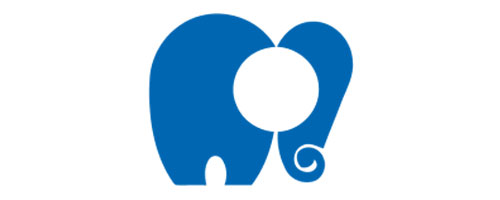
The ability to learn effectively is fundamentally important to being able to thrive in a fast-paced, constantly changing, modern environment.
ELLI started out as a research project at Bristol University (find out more about the background). ELLI describes "7 dimensions of learning power" - 7 characteristics that help us become better at learning. To make it easy, each one is represented by an animal.
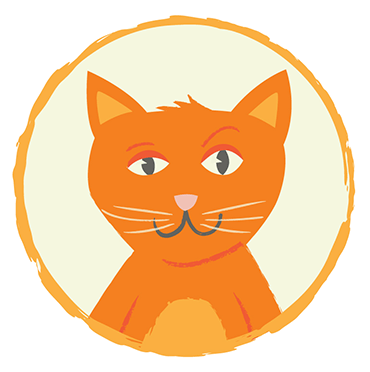
Curiosity
Powerful learners love asking their own questions to find out what is really going on. Curiosity is represented by the Cat. Children may be asked to question ‘What is new?” about a method they have been learning and ‘What is different?’
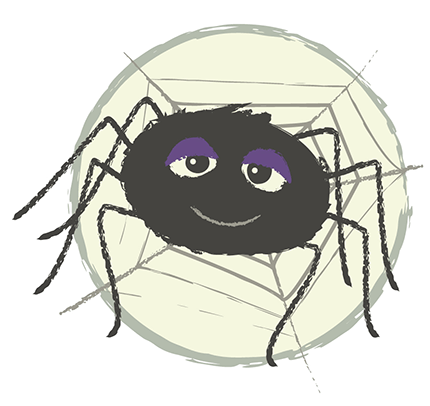
Making Connections
Powerful learners are great at being able to connect what they have learnt from one lesson to another and to their lives outside of school. Making Connections is represented by the Spider. Children may be asked how they can use what they learnt in another lesson to help with the task.

Changing and Learning
Powerful learners understand that they can become better learners over time. Changing and Learning is represented by the Chameleon. Children may be asked how they would work, create or learn differently next time.
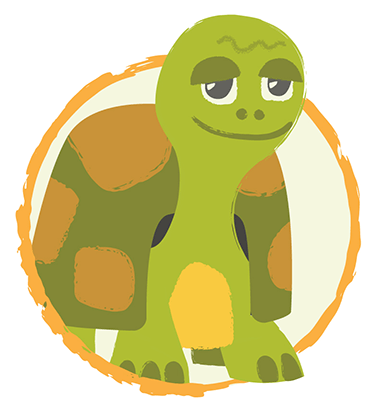
Resilience
Powerful learners don't give up easily when things start to get difficult. Resilience is represented by the Tortoise. Children may be asked to complete open-ended activities were there is no right or wrong answer.
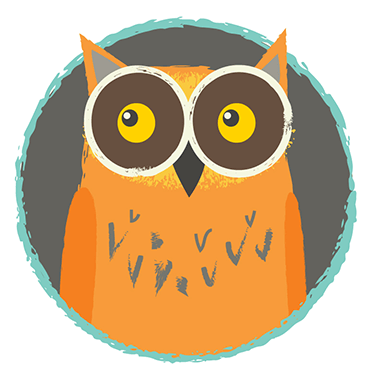
Strategic Awareness
Powerful learners know what to do next by having their own strategies which they are able to choose between. Strategic Awareness is represented by the Owl. Children may be asked to select for themselves the level/ difficulty of their work to ensure they are working with the right amount of challenge.
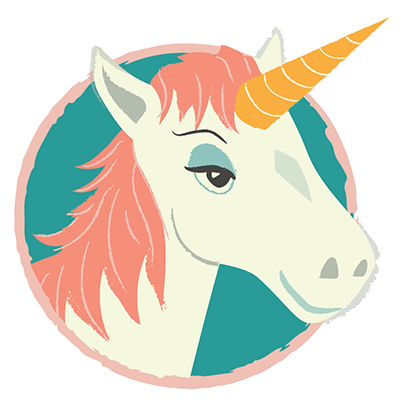
Creativity
Powerful learners love playing with possibilities and using their imagination to solve problems in different ways. Creativity is represented by the Unicorn. Children may be asked to use their creativity in English or Art or to think about approaching a problem in DT or Science in a creative way.
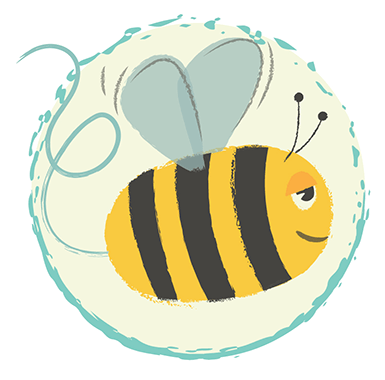
Learning Relationships
Powerful learners love sharing their thoughts and ideas with others and working well together to solve problems. They also know when it is more effective to work on their own. Learning Relationships is represented by the Bee. Children may be asked to ‘Think, Pair and Share’ or to decide whether to work alone, in pairs or as a group on a particular task
What does it look like in the school?
As you walk into the Junior School, it quickly becomes apparent that ELLI is very much part of our every day language. Walking into each classroom, the first thing you may notice is an ELLI display or perhaps a set of soft toys. After that there is no prescribed approach about how ELLI is embedded into the curriculum, as teachers have developed their own approach to using the Learning Dimensions with their class. ELLI may be identified on a plan or may be part of the Learning Objective. However we have found that sometimes the most powerful learning opportunities arise as the lesson evolves. For example, when the independent, paired or group work phase of the lesson may be drawing to a close, the teacher may prompt the class to think strategically (The Owl) about how they are going to meet the Learning Objective and Success Criteria in the time left.
This is backed up by a rolling schedule of assemblies. We tell the ELLI story, which introduces all of the ELLI animals, and then we focus in detail on each of the animals in turn throughout the year.
Why is ELLI worthwhile?
Confident and successful learners have a collection of psychological traits and skills that enable them to engage effectively with a variety of learning challenges. This is often referred to as ‘Learning Power’. Learning power is something that can be developed at home, with friends, in school - in fact it can be developed all the time and everywhere. ELLI’s seven learning dimensions provide an understanding of these important skills and traits, many of which are needed in order to become better, more effective learners. The animal metaphors help the children to understand and relate to ELLI and help to provide a shared language of learning, which is why we value it so much at Henleaze.
How does ELLI improve our learning across the curriculum?
At HJS we have a strong focus on helping the children to develop skills which will empower them to learn, to be in control and to be independent. Our aim is to look at each pupil more holistically than a narrow focus on just academic skills (which does not always enable the children to learn all of the skills needed to succeed in school and life).
There are many examples of how ELLI has had a powerful impact on teachers’ planning and delivery of lessons. For example, Topic planning is led by children’s curiosity and a discussion on what and how they would like to learn. Teachers may provide the children with time to reflect on how their learning in a subject/ skills set has developed (The Chameleon) or reinforce the message that making mistakes is okay as it helps us to grow as learners. As a result of our work on Growth Mindsets, we have introduced an 8th animal (The Yeti) to remind children that when we come across things we find tricky, we don't say we can't do it, we say we can't do it YET. Growth Mindset has a positive impact on our ability to learn and our willingness to tackle a challenge.